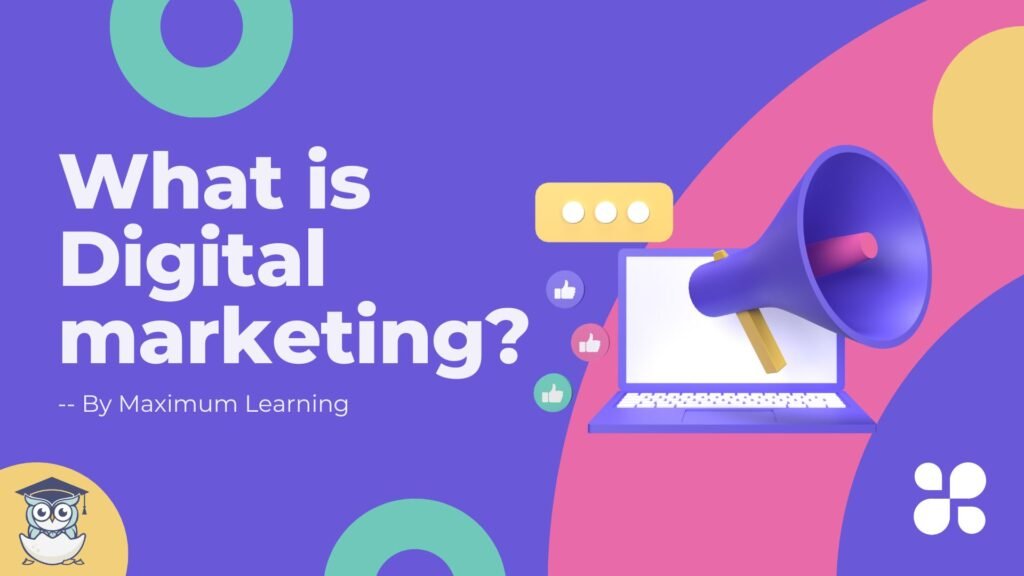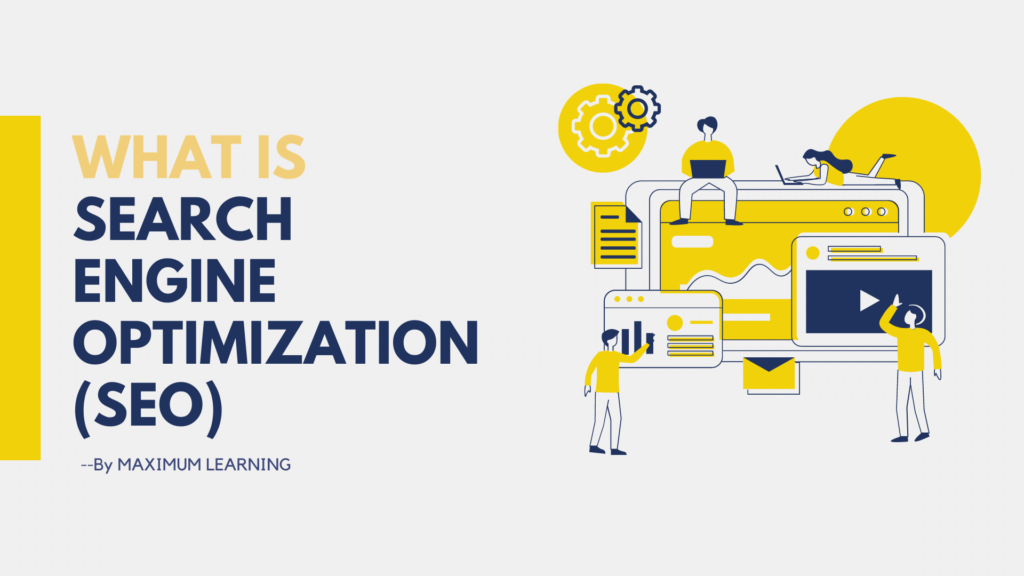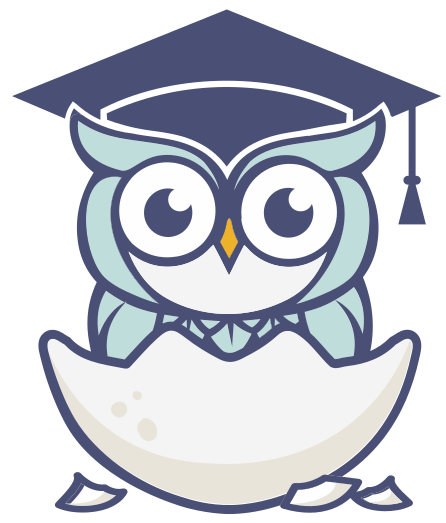To create new software and upgrade old programmes, software developers employ their programming expertise. A job as a software developer can be a good fit for you if you have a creative mind and enjoy solving problems.
Since software is used in almost every sector of the economy, you can choose a career path that suits your interests and hobbies. Discover course recommendations to develop abilities, additional information about this field of work that is expanding quickly, and 10 advices for landing a job as a software developer.
What is The Role of a Software Developer?
Computer programmes of all stripes are the result of the inventive work of software developers. In order to create everything from operating systems to apps to video games, they design and write the code.
In this position, you can be involved in all phases of software development, from determining what consumers need and how they’ll use the software to releasing a finished product. Though many developers do all the coding themselves, you might occasionally work with computer programmers.
Daily work could include:
- examining software users’ wants
- creating, testing, and designing software to satisfy user requirements
- constructing models and diagrams that depict the necessary code for software development
- maintaining and testing software to keep it functional
- recording the procedure to supply the data required for upgrades and maintenance
You Also Have To Have The Right Mindset
Gaining proficiency in programming is not just important for landing a job, but it can also give you the power to make a positive impact on the world. Drew Hudson, CEO of Dropbox, even described programming skills as a “superpower.” Facebook CEO Mark Zuckerberg also spoke about the transformative power of programming, saying that it allowed him and his team to build a company used by billions of people. So, consider how your programming skills can enable you to create something meaningful and beneficial for others.
Decide on your goals
Think about what kind of work you want to do with your programming skills. Do you want to build websites, become a data scientist, automate business processes, or become an artificial intelligence expert?
Select a programming language
Once you know what you want to do, it will be easier to choose a language to learn. Each programming language is best suited for certain types of tasks, so focus on learning one that is relevant to your goals. This will help you avoid getting overwhelmed by learning multiple languages at once. For more information on choosing a language, see the section “Which language do I choose” in this blog.
Start small
Even small achievements can be motivating and rewarding when learning to code. As Gabe Newell, founder of gaming company Valve, said, “The first time I actually had something come up and say ‘Hello World’ … made a computer do that, was astonishing.”
Use online resources
There are many websites, such as Code.org and Springboard.com, that offer coding courses and resources specifically designed for beginners. These sites often provide mentors who can help you troubleshoot problems and guide you through the learning process.
Stay focused
When things get tough, don’t give up. If you’re struggling with your code or encountering errors you don’t understand, take a step back and consider whether you may be biting off more than you can chew. Research similar problems online and see how other learners have tackled them. Being part of a community of learners can also help you stay motivated and on track as you work towards mastering a programming language.




